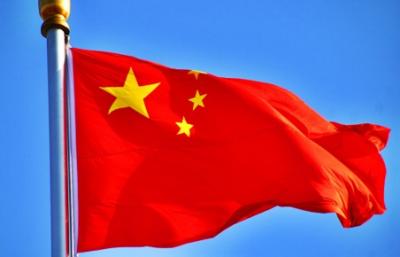Will the much-hyped Regional Comprehensive Economic Partnership (RCEP) inked in November last year between 15 countries including China finally see the light of the day?
After the European Parliament voted to freeze investment agreements with China, doubts have now risen over RCEP. While India had opted out of the pact, 15 countries — China, Japan, South Korea, Australia, New Zealand, Vietnam, Thailand, Singapore, Philippines, Myanmar, Laos, Malaysia, Indonesia, Cambodia and Brunei decided to go ahead with the deal.
However, experts said that a few countries including Japan, Australia and New Zealand may be unwilling to remain part of the RCEP – a deal that is being driven by China. They said while Beijing has now come under the scanner for gross human rights violation in Xinjiang, the military aggression by China in the last few months has also led to a rise in concerns by many.
“When the agreement was envisaged and even signed last year, the geopolitical scenario was different. Today the global dynamics present a different picture. It is to be seen whether RCEP fructifies in its full form,” DK Srivastava, chief policy adviser, EY told India Narrative.
Another analyst said that the decision of the EU will weigh in on the RCEP members.
“While a few immediate neighbours would want to go ahead with the deal, other countries may not be willing. We will have to wait and watch,” the analyst said.
Last year after opting out of RCEP, Prime Minister Narendra Modi said that the trade deal would adversely impact the lives of all Indians.
Meanwhile, the European Parliament’s decision to halt investment agreements with China due to its record of human rights abuse has come as a big blow to Beijing.
For Chinese President Xi Jinping, the in-principle agreement of the Comprehensive Agreement on Investment (CAI) signed between the EU and China was considered a big success.
Xi personally intervened and held a video conference with the EU to ensure that the deal, signed on December 30, went through.
“The deal was sufficiently important for Xi to intervene personally. Clearly, he considered this a strategic issue and sensed that the deal needed to be struck within the window of opportunity before the end of the German presidency of the EU Council and during the lull between the Trump and the Biden administrations in the US,” the Diplomat wrote.




















